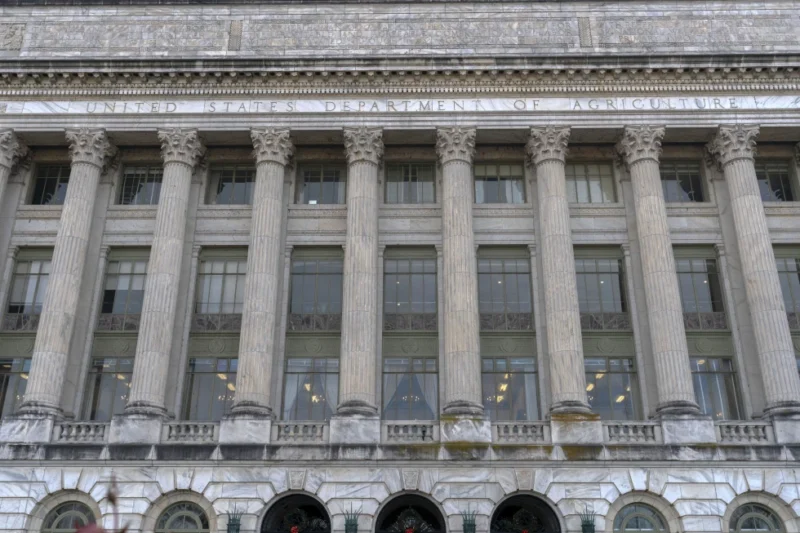VSU, 18 other HBCUs affected by suspension of scholarship program benefiting Black students
Share
Explore Our Galleries
Breaking News!
Today's news and culture by Black and other reporters in the Black and mainstream media.
Ways to Support ABHM?
By Darreon Barner, WRIC

CHESTERFIELD COUNTY, Va. (WRIC) — The U.S Department of Agriculture’s (USDA) 1890 National Scholars Program, aimed at helping students of underserved communities receive higher education, has been suspended by President Donald Trump’s administration. This impacts 19 Historically Black Colleges and Universities (HBCUs), including Virginia State University (VSU) in Chesterfield County.
As of Friday, Feb. 21, those who visit the USDA webpage for the 1890 National Scholars Program are greeted with a message that reads: “The 1890 Scholars Program has been suspended pending further review.”
This scholarship program was founded in 1992 through a partnership between the USDA and Black, land-grant universities — meaning HBCUs — across the nation. Eligible students receive full tuition, room and board, as well as funds for several miscellaneous fees.
Qualified recipients have to attend one of the 19 named “1890 universities,” such as VSU, and pursue a degree in agriculture, natural resource sciences, or other related academic fields.
Other 1890 universities include the University of Maryland Eastern Shore, the West Virginia State University, the North Carolina A&T State University and South Carolina State University.
No additional details on exactly why the 1890 National Scholars Program requires “further review” have been provided as of the time of reporting.
Notably, the Trump administration has been taking steps to modify various Diversity, Equity and Inclusion (DEI) initiatives. However, there has been no official confirmation regarding the specific reasoning behind this program’s suspension.
Keep reading to learn more about the fund.
HBCUs have long made education possible when other schools weren’t accessible, such as segregation during Jim Crow, and are crucial after the end of affirmative action.









Comments Are Welcome
Note: We moderate submissions in order to create a space for meaningful dialogue, a space where museum visitors – adults and youth –– can exchange informed, thoughtful, and relevant comments that add value to our exhibits.
Racial slurs, personal attacks, obscenity, profanity, and SHOUTING do not meet the above standard. Such comments are posted in the exhibit Hateful Speech. Commercial promotions, impersonations, and incoherent comments likewise fail to meet our goals, so will not be posted. Submissions longer than 120 words will be shortened.
See our full Comments Policy here.